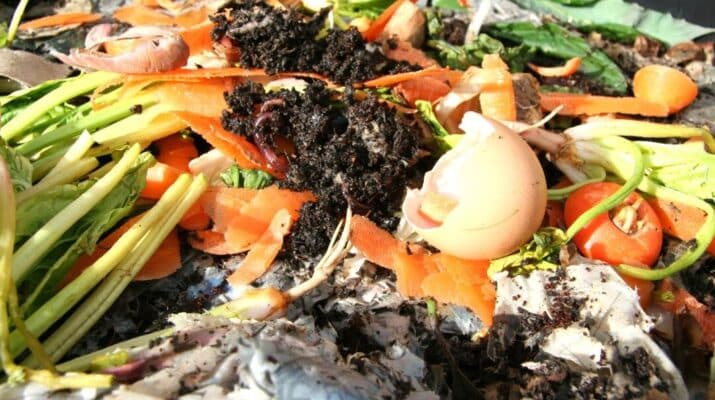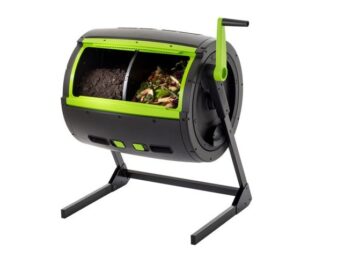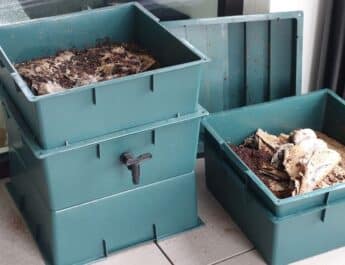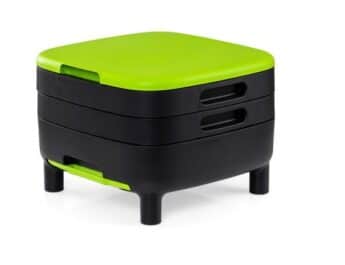Looking for more information on worm farming? Worm farming for beginners includes everything you need to know, from the advantages and disadvantages, to what scraps you can feed them.
Introduction
Worms are amazing creatures that can have a significant impact on our environment. Worm farming is a great way to reduce landfill waste, produce nutrient-rich compost, and save money on chemical fertilizers. If you’re considering starting a worm farm, there are a few things you should know. In this article, we will discuss everything you need to know about worm farming for beginners, including what you need to get started, what scraps you can add to the farm, and the advantages and disadvantages of worm farming. By the end of this article, you will be an expert on worm farms and be able to decide if starting a worm farm is right for you. Let’s get started!
How many worms do you need to start a farm?
When starting a worm farm, you will need at least 800-1000 or 1 lb mixed-sized composting worms. This will give you a good foundation to start your farm. If you are starting with fewer than 800 worms, you may not have enough to sustain a constant population. If you are collecting your own worms from the wild, make sure to wash them thoroughly before adding them to your farm. You can start your worm farm in a simple plastic container or bin. Worms are incredible creatures that can turn organic waste into rich compost. This makes them perfect for recycling kitchen scraps and other organic waste.
Is it hard to start a worm farm?
No, it’s not hard to start a worm farm if you have the right information. In fact, it’s quite easy. All you need is a little bit of space, some worms, and some organic matter for them to eat. With a bit of care, you can have a thriving worm farm in no time.
“It may be doubted whether there are many other animals which have played so important a part in the history of the world, as have these lowly organized creatures.”
Charles Darwin
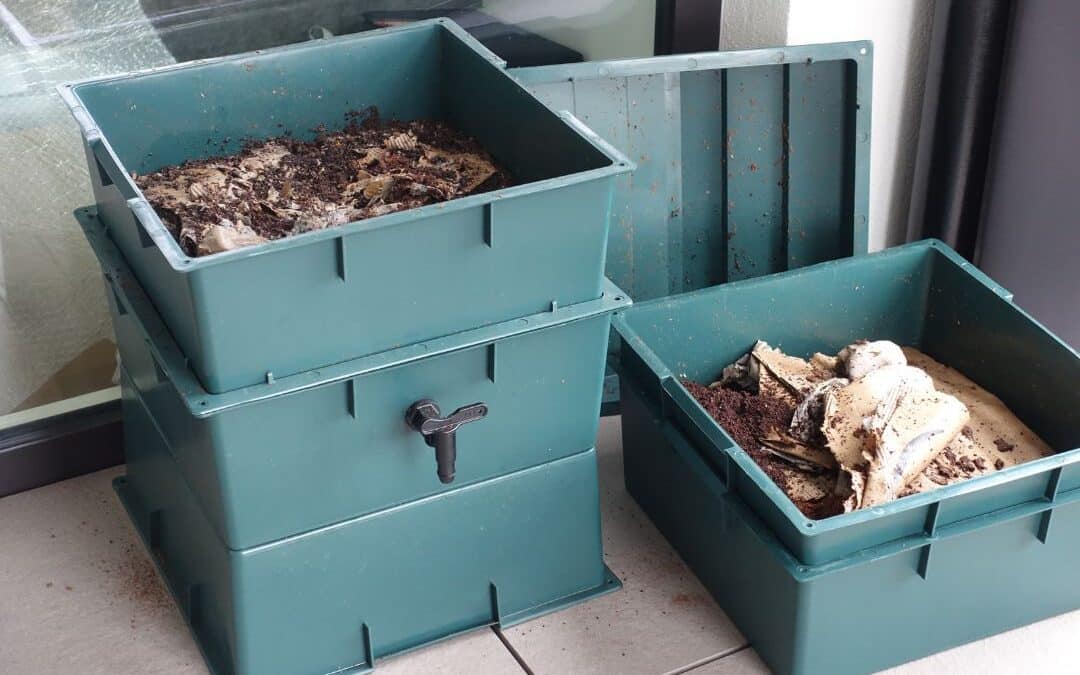
How fast do worms multiply?
The research shows that the worms are hermaphroditic in nature, which means that each worm has both male and female reproductive organs. However, in order for them to reproduce, it typically takes two worms. The population of the worms plays a role in how fast they multiply as well. If the population is low, then they will reproduce at a slower rate. On the other hand, if the population is dense, they will reproduce at a faster rate.
Under ideal circumstances, eight worms can turn into 1500 worms in just six months according to Texas University AgriLife.
How do you start a worm farm?
Although you can start your worm farming business directly by purchasing an online built-in farm, however, since it is pretty expensive, you can also build your own farm with a few simple materials. All you need is a container, a drill, some screen, waterproof glue, and of course, worms. You can get all these from your local hardware store.
To build your own worm farm:
● Choose a container that’s suitable for your available space. EPA suggests using two rubber or plastic bins with variable heights; the taller with a lid whereas the shorter (bottom) bin one without a lid.
● Drill holes in the taller bin according to the number of worms you will be housing.
● For every hole, place a scrap of screen over it.
● Waterproof glue it to keep everything fixed.
● Fill the bin with non-coated and shredded paper that has been moistened in water to create the perfect environment for your worms.
● Place your worms in the bin and voila!
You have started your own worm farm. You can either choose to feed them directly by putting food scraps right in your worm farm or once a week.
What equipment do you need?
As described above, you don’t need much to get started with worm farming. A plastic or rubber bin with a lid, some bedding material, a drill, some screen, waterproof glue, some food scraps, and worms are all you really need. You can find all of these things around your house or in a nearby store. Just make sure your container has a proper lid to keep the worms in and pests out. You can also just purchase a ready made worm farm such as the Worm Cafe from hardware stores such as Bunnings.
What do you feed the worms?
Compost worms such as tiger worms are not picky eaters and will happily munch on most food scraps. Leafy greens, melon and squash rinds, broccoli, apples, and even pasta are all great options. The important thing is to slice down everything into small pieces or puree it if necessary.
However, there are a few things that you should avoid feeding them. Avoid putting in any hot spices, sauces, oils, dressings, or cheeses as these can be harmful to your worms. Cabbage family vegetables, broccoli, and bananas also produce bad smells so it is best to avoid composting them indoors.
Coffee grounds, used tea leaves, honeydew, and watermelon are also some great options in moderation due to their high water content.
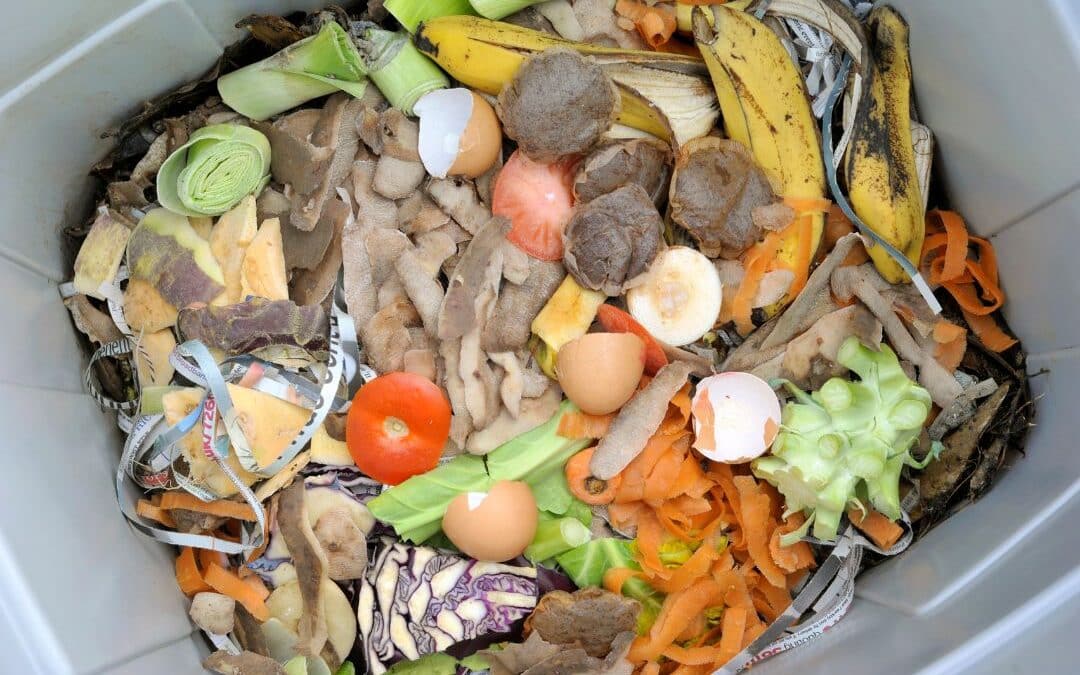
Do I water my worm farm?
Yes, you should water your worm farm. Worms love densely wet environments preferably with 70% or higher moisture content. So, you should water your worm farm at least once every week by pouring about 5 liters of freshwater into the top tray, which will then flood down through the lower trays and moisten the entire farm.
You should be particularly careful in hotter months to regularly water your farm so that it doesn’t become stale and anaerobic. Also, be sure to soak any dry materials like newspaper or cardboard before adding them to the farm.
And lastly, placing a worm blanket over newly added food will provide a dark, damp shelter for your worms and enable them to move up to the surface to feed.
What scraps can I put in the worm farm?
Worms eat a variety of food scraps, including leftover fruit and vegetable scraps, peelings of fruit and vegetables, tea leaves, and coffee grounds. You can also add vacuum cleaner dust or hair clippings, as well as egg cartons, torn-up newspapers, or soaked pizza cartons to the mix.
Additionally, crushed egg shells will help with the pH proportion of the worm farm. The simple rule is that if the item was once living, worms can probably eat it. You should also sprinkle a handful of soil from your garden over the food scraps each time you add to the worm farm. The grit in the soil will help the worms crush the fresh food waste.
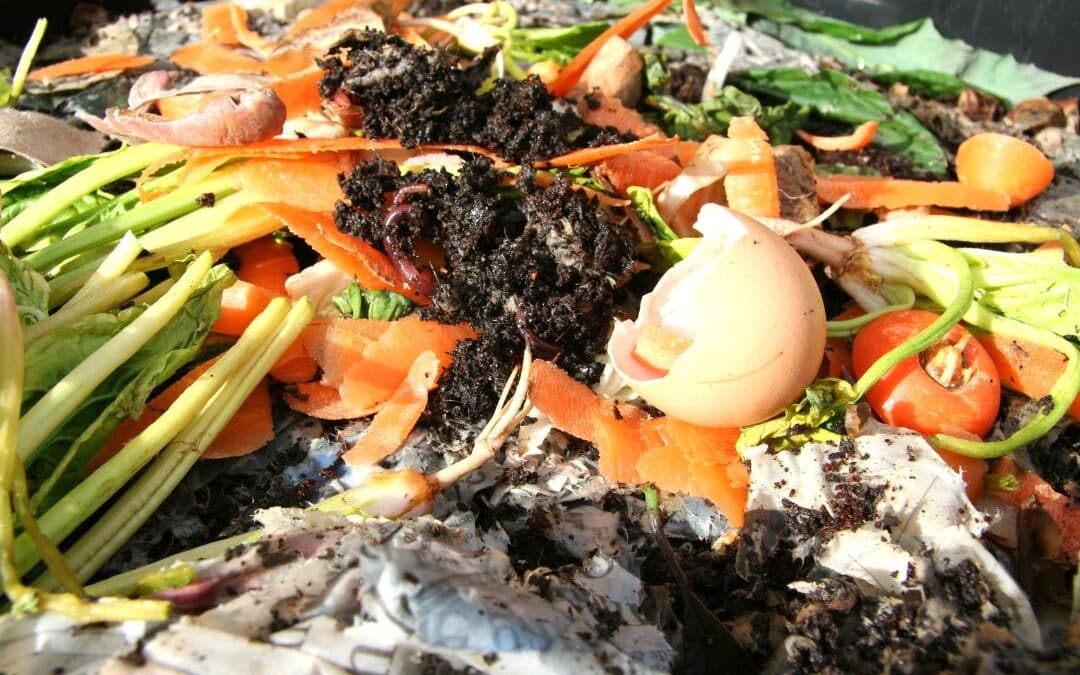
Advantages of worm farming
Worms are amazing creatures that can have a huge impact on our environment. The following are some of the advantages of worm farming:
● Consume organic matter, which helps to reduce landfill waste.
● Produce nutrient-rich compost; used to improve soil quality.
● Help you save money; reduce the need for chemical fertilizers.
● Require little space and can be easily managed indoors.
● Can be used as bait for fishing; a sustainable alternative to using live fish.
● Improve soil drainage and aeration, reduce compaction and improve root growth.
● Worm castings (or worm tea) add organic matter to the soil; improves its structure and fertility.
● Can be used as a food source for animals; many animal feed producers use worms.
● Worm tea (liquid fertilizer) can be used to improve plant health.
“Imagine owning over 500 pets that never need to be walked, are happy to eat your scraps, provide you with amazing fertiliser AND help reduce your greenhouse gas emissions and carbon footprint! Sound too good to be true? Well, welcome to the wonderful world of worm farms.”
sustainable gardening australia – sgaonline.org.au
Disadvantages of worm farming
While worm farming has many advantages, there are also a few disadvantages to consider:
● Worm farms can produce bad smells; if moisture, temperature, and pH are not maintained.
● Susceptible to pests (such as mites) and diseases; proper care is essential.
● Can be costly to set up; depending on the size and type of system.
● Require regular maintenance; feeding, watering and cleaning.
● It may take up a lot of space; if you have a large amount of organic waste.
● Can be time-consuming; depending on the complexity of your system.
● Can be messy; worms can escape and make a mess of your home.
Despite the disadvantages, worm farming is a great way to reduce landfill waste, produce nutrient-rich compost, and save money on chemical fertilizers. If you have the space and are willing to put in the time, worm farming can be fun and rewarding. Just be sure to do your research and set up your system properly to avoid any problems.
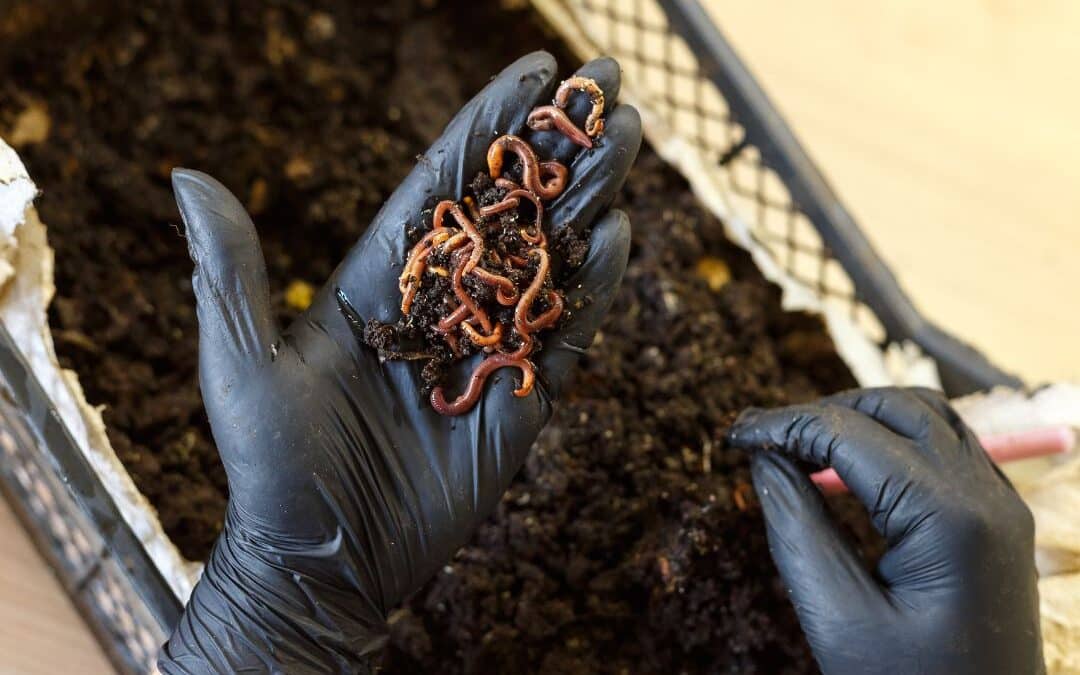
What do the worms eat?
Worms consume organic material. Every living thing eventually turns into food for worms. Fruits, vegetables, and dead and alive microbes are all examples of dead plant material. Worms also consume dead animals, kitchen scraps, garden debris, and manure are all viable food sources for worms.
Worms are not able to digest inorganic materials, such as plastic or metal. Nor can they eat bones, because these items do not rot. If you were to put these items in your worm bin, the worms would avoid them altogether.
Worms will also consume other living organisms, such as mites, springtails, and nematodes. These animals are generally too small for us to see with the naked eye and are an important part of the decomposition process. By consuming these smaller organisms, worms help to break down larger pieces of organic matter.
What is not okay to feed them?
The following are the things that are not good to feed your worm farm:
● Meats and dairy products: These items will rot and produce a foul smell.
● Orange, lemon, lime, or other citrus fruit peels and juice (in excess this will make the soil too acidic).
● Yeast-based foods like bread (no crackers or cakes).
● Garlic with onions (a good rule of thumb is if it makes you smell, it makes your worm bin smell).
● Treated wood products.
● Plastics and paper with a plastic coating (like glossy magazines).
● plants that are ill or infected.
● stickers, including those for vegetables (remove stamps from envelopes).
● Spices like salt, pepper, and others.
● Dog or cat waste.
Where can you buy a worm farm?
There are many places where you can buy a worm farm. You can buy one online or in store. Some examples of places where you can buy a worm farm are Amazon, Uncle Jims Worm Farm, Bunnings (Worm Cafe), Aussie Green Thumb, Kookaburra Worm Farms, and so on. You can also find many other places to buy a worm farm by doing a simple search online. Whichever way you choose to buy your worm farm, make sure that you get a good quality one so that your worms will be healthy and happy.
Conclusion
Worms are amazing creatures that can help us to break down organic matter and turn it into rich compost. If you are thinking of setting up a worm farm, there are a few things you need to know about what worms eat and what not to feed them. Similarly, it is important to get a good quality worm farm so that your worms will be healthy and happy. With a little bit of care, you can enjoy all the benefits of having a worm farm in your own backyard.
Worm farming is becoming increasingly popular as people search for ways to be more sustainable. Worms consume organic matter and produce nutrient-rich compost, which can be used to improve soil quality. Worm farms require little space and can be easily managed indoors, making them a great option for those who want to reduce their environmental impact. While there are some disadvantages to worm farming, the advantages far outweigh the drawbacks. With proper care and maintenance, worm farms can be a great addition to any home.
Have you ever considered worm farming? Let us know in the comments below!

